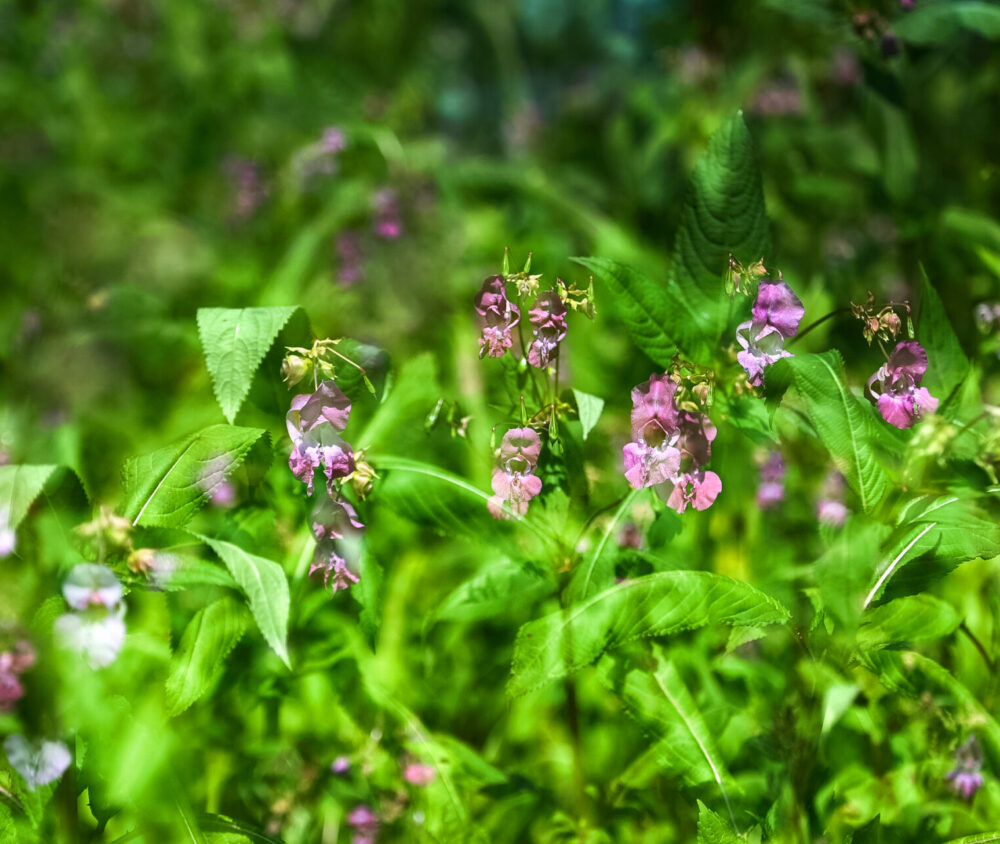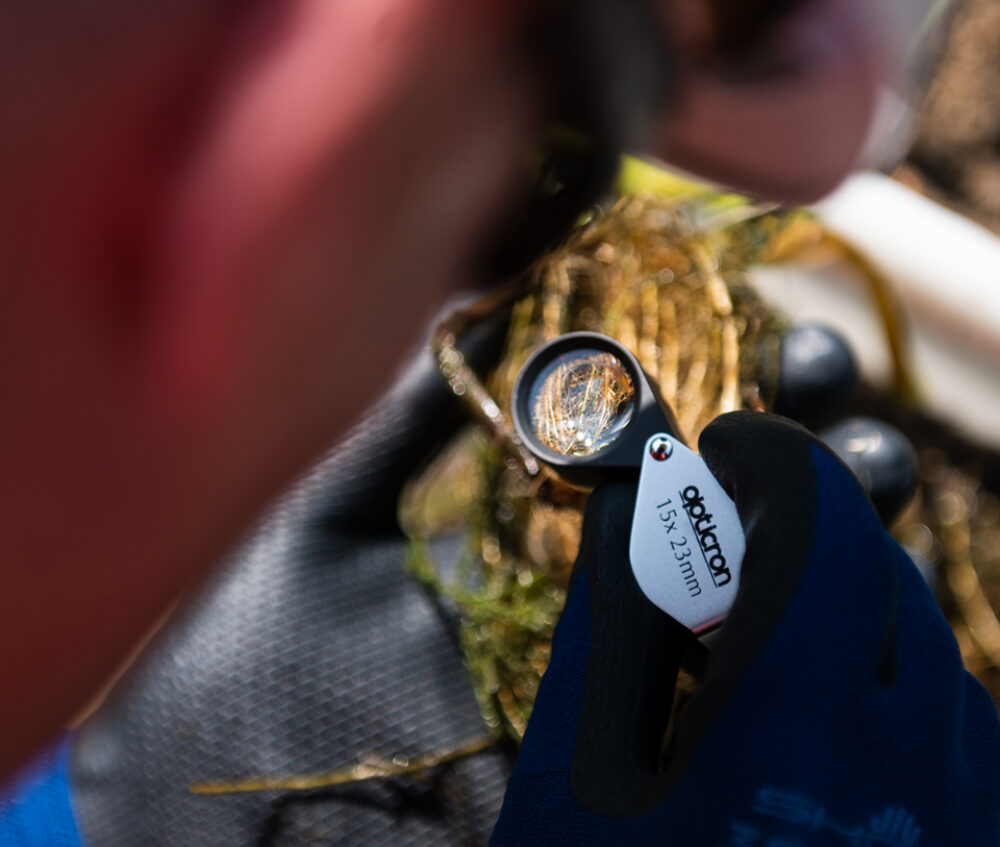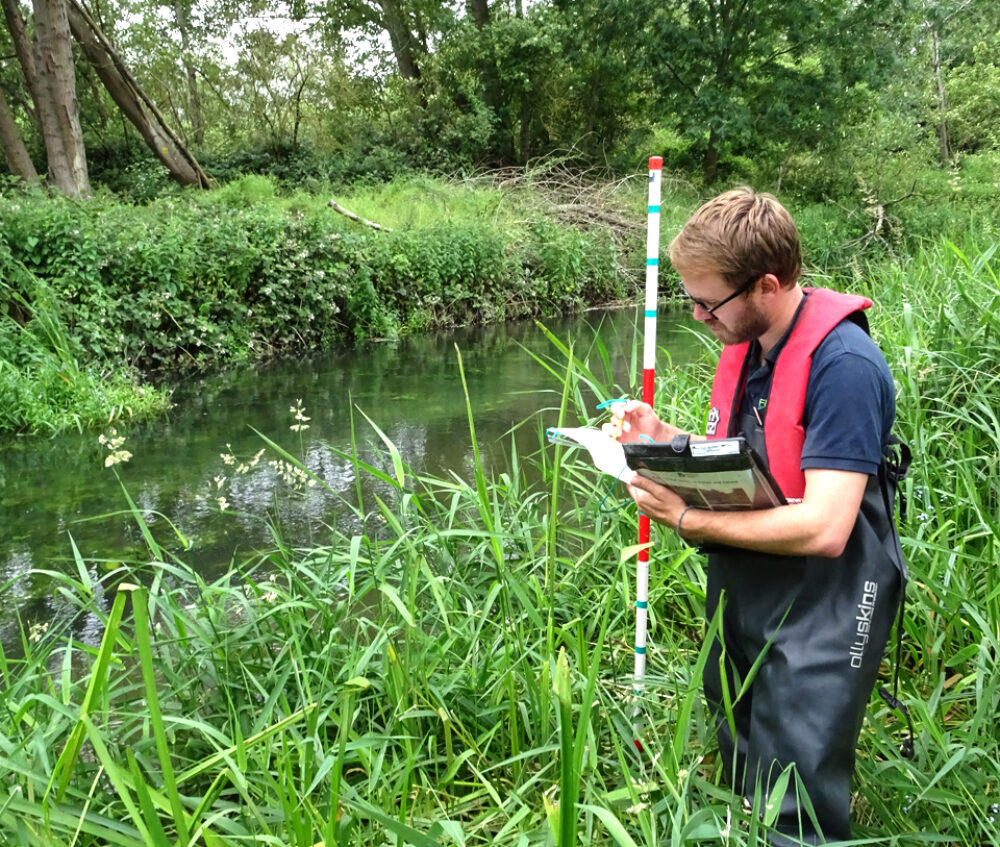
Invasive Species Surveys
Full suite of invasive species surveys including aerial mapping and eDNA
At FiveRivers, our invasive species survey experts are experienced in the identification and survey of INNS, providing a bespoke approach with a tailored combination of invasive species survey methods.
An invasive species is any kind of plant, animal or organism which is not native to a particular area or country. Invasive non-native species (INNS) – including Japanese knotweed, Himalayan balsam, topmouth gudgeon and Asian clam – have the ability to spread rapidly, dominating an ecosystem and causing adverse ecological, environmental and economic impacts. Fortunately, our invasive species surveys apply to all problematic invasive non-native species of plant.
It is estimated that a staggering £1.8 billion is spent annually to control the spread of invasive non-native species (INNS) in the UK. The invasive non-native species pose risks to human health, out-competing native species and destruction of habitat, so they can have significant impacts on people, wildlife and the environment. At FiveRivers, our experienced ecologists are able to ascertain the presence and distribution of invasive non-native species (INNS) through targeted invasive species surveys, walkovers, eDNA and remote sensing. Proactive knowledge of invasive non-native species (INNS) is crucial in determining scheme designs, environmental permitting, working methods and appropriate mitigation to prevent their spread and avoid potential prosecution.

The Problems
Habitat Degradation
The impact INNS have on British landscapes and wildlife populations include the degradation of habitat, increased competition for limited resources (such as food and water) and, ultimately, the extinction of native plants and animals. Additionally, it is possible for invasive species to impact human health by introducing new diseases or allergens.
Preventing further introduction and spread of INNS is vital if we are to protect our environment. It is also a legal requirement: the prevention of their spread is regulated through the Wildlife and Countryside Act 1981 (as amended), which makes it an offence to allow invasive plants to spread from your site, or to release or allow invasive animals to escape into the wild. More information about invasive non-native species (INNS) within the United Kingdom can be found at the GB non-native species secretariat.

The Solutions
Invasive Species Survey
Invasive species can disrupt ecosystems, harm native plants and animals, and damage infrastructure. At FiveRivers, our invasive species survey experts are experienced in the identification and survey of INNS, with a particular specialism in freshwater fish, macroinvertebrates and plants. Each species and site require a bespoke approach, with a tailored combination of invasive species survey methods which we will be happy to advise you on.
Invasive species survey methods include baited traps, netting, electric fishing, colonisation traps, walkover surveys, snorkel surveys, plant surveys using grapple, hydroacoustic assessments, eDNA, remote sensing using aerial imagery and artificial intelligence technology.
We can also advise on management of INNS and biosecurity protocols to mitigate the risks of new species entering a site.
Invasive species surveys are an important part of any development project whenever non-native, harmful species is present on the site. FiveRivers can undertake a selection of invasive species surveys for property or land development projects to assist developers in meeting local planning authority requirements. These surveys help identify and assess the presence of invasive species, ensuring compliance and minimising potential negative impacts on the environment.
Managing invasive species can be costly, and early detection through surveys can minimise long-term expenses for any development project. For example, Japanese Knotweed on development sites can grow through the smallest cracks in tarmac, paving and building structures and break them apart. It can rapidly spread to other areas if its root fragments and rhizomes are disturbed. That’s why invasive species surveys are a vital part of responsible development, helping to protect the environment, comply with regulations, and manage potential risks.

Contact us
Talk to an expert in Invasive Species Surveys
Tom Grayling
Director of Monitoring & Natural Capital
Get in touch by either phone or email to speak with Martin and discuss your needs. Alternatively click the button below to complete our contact form.
Telephone: 01722 783 041
Email: sales@five-rivers.com

Thank you for booking.
To stay in touch, please sign up to our newsletter.
Return to five-rivers.com
